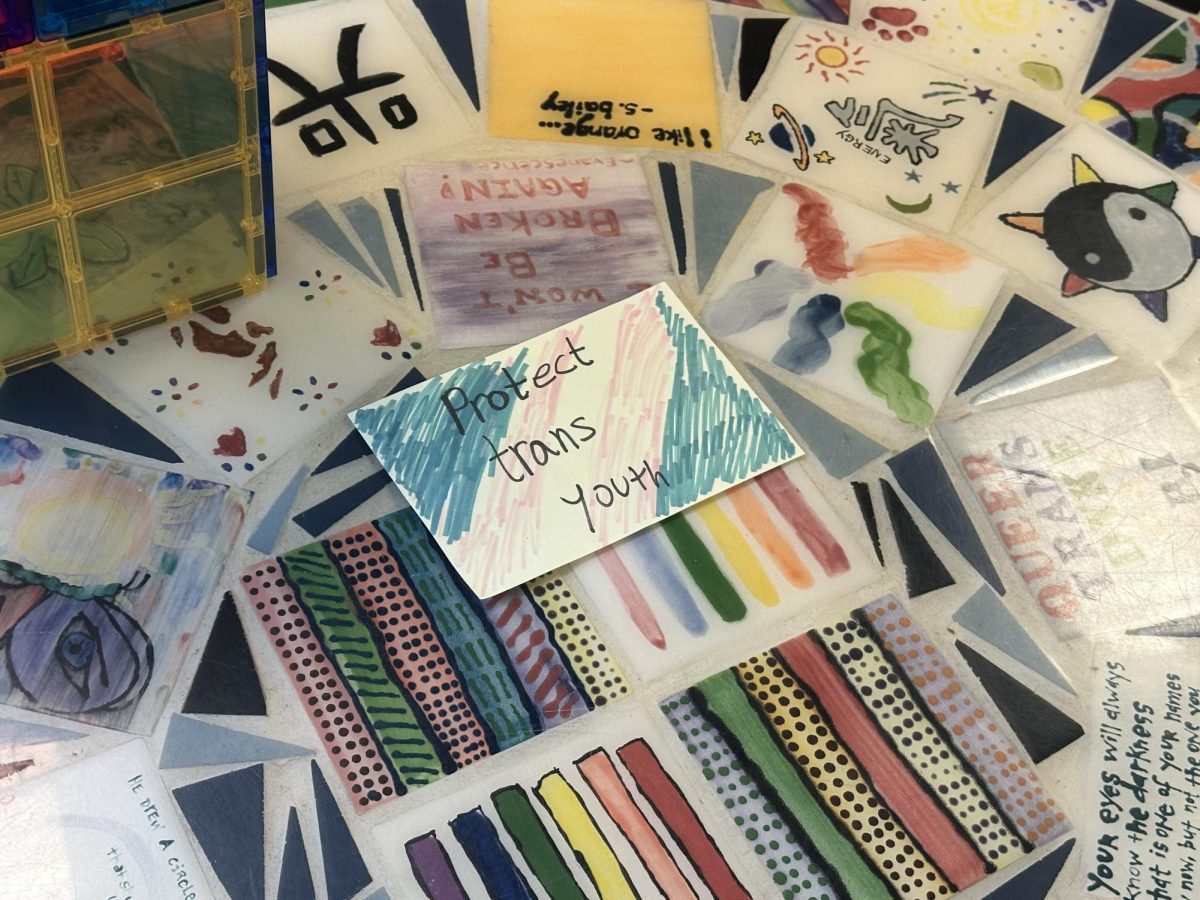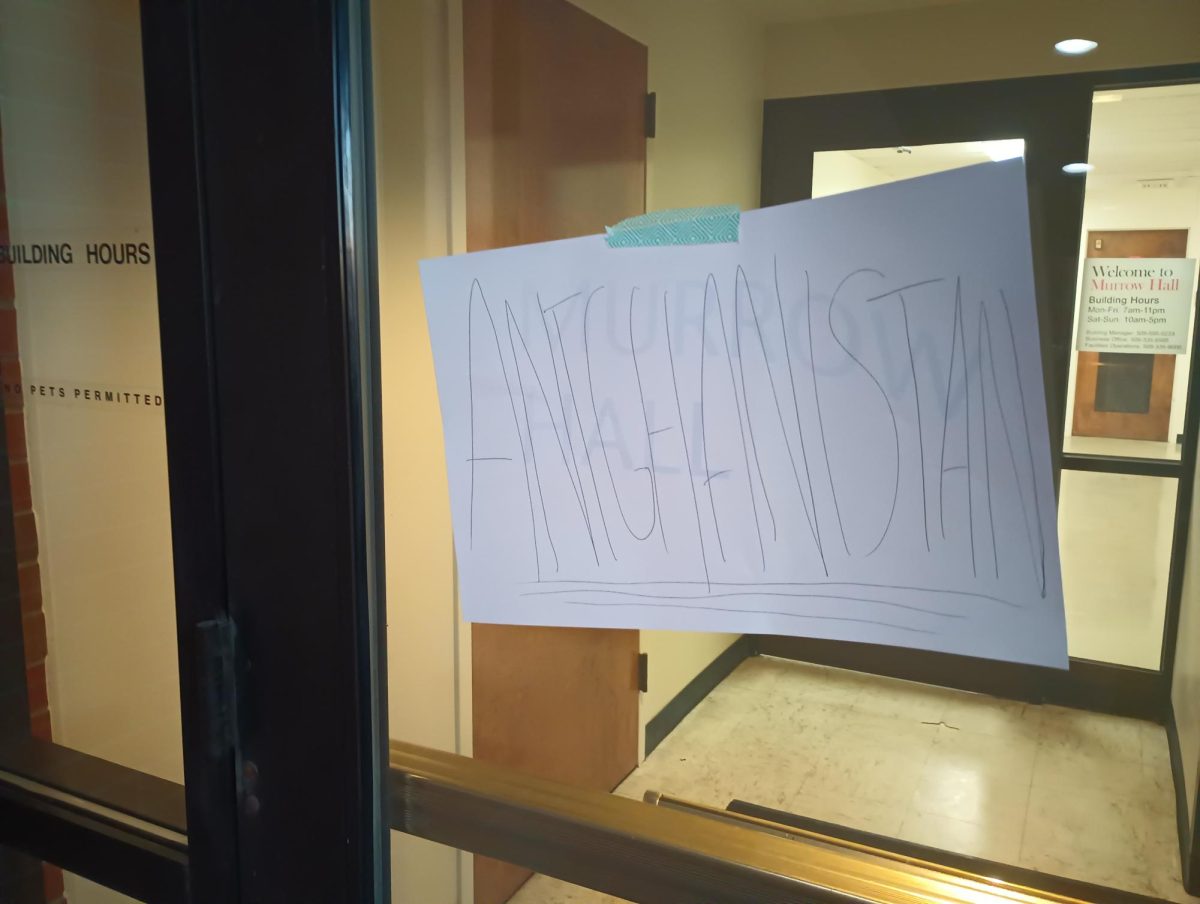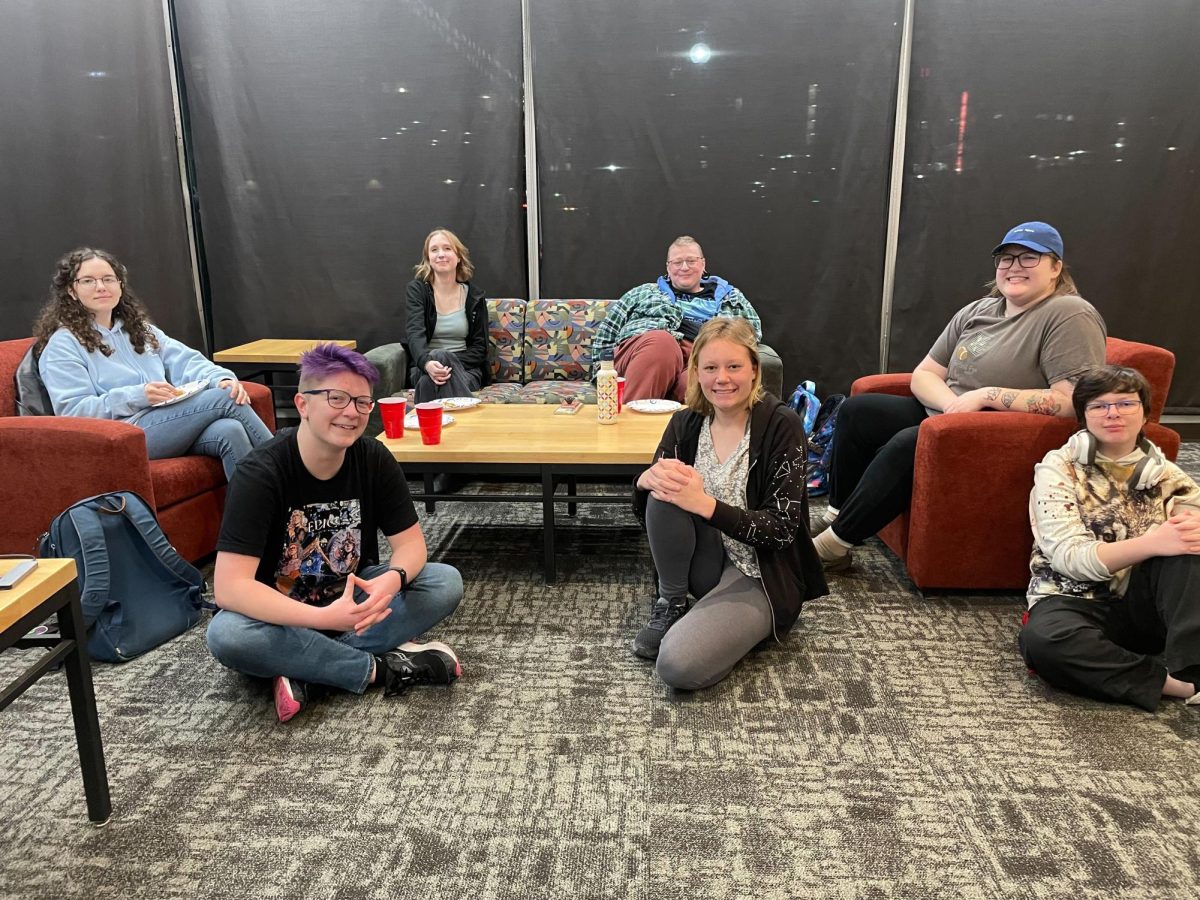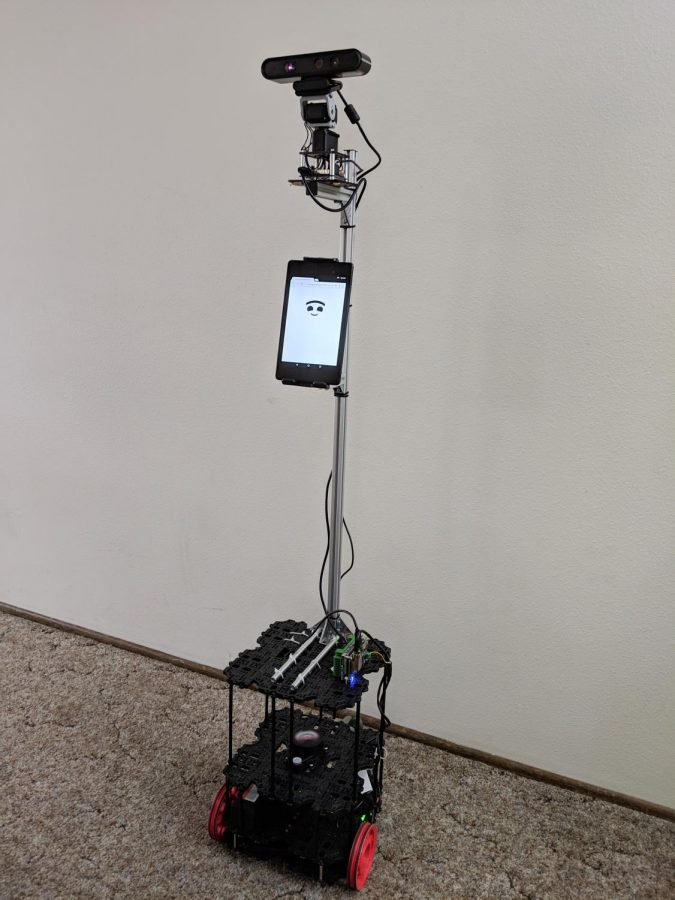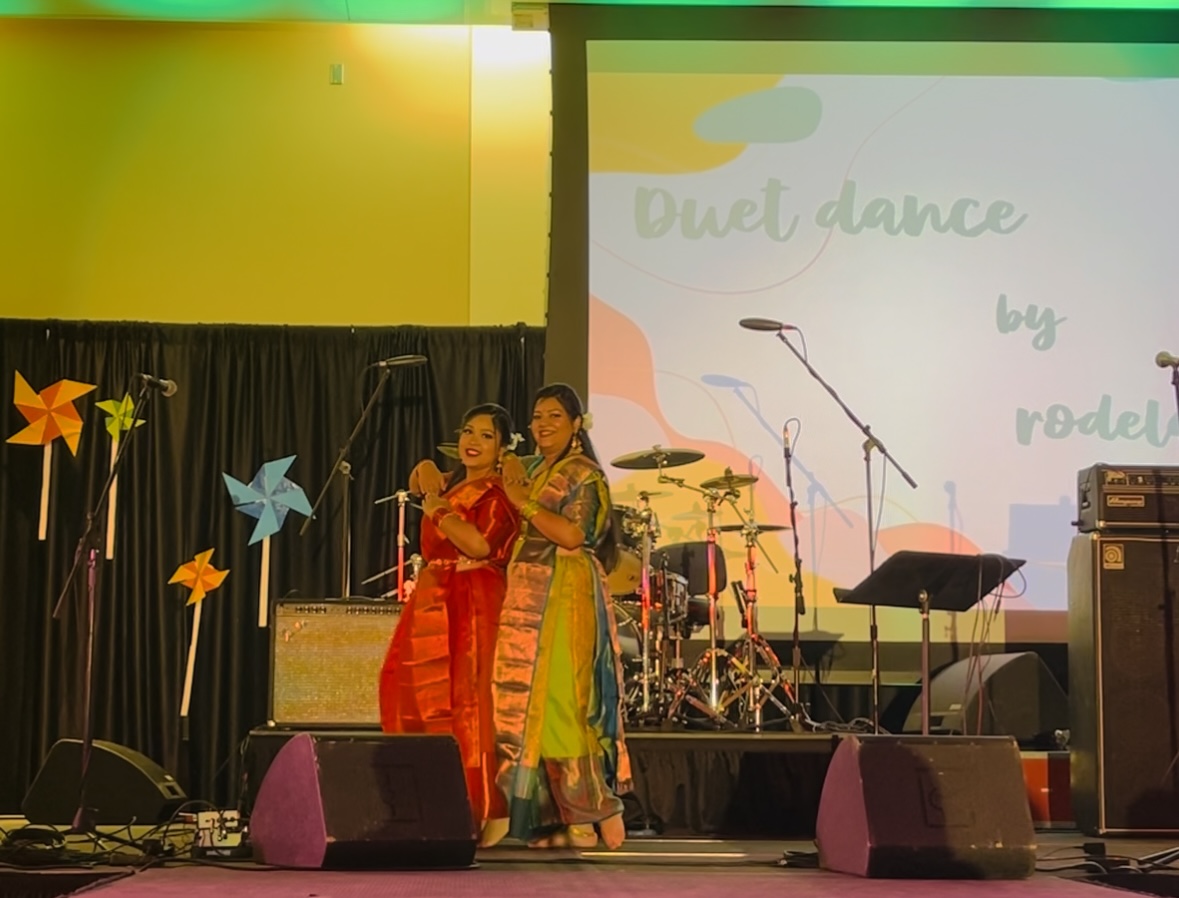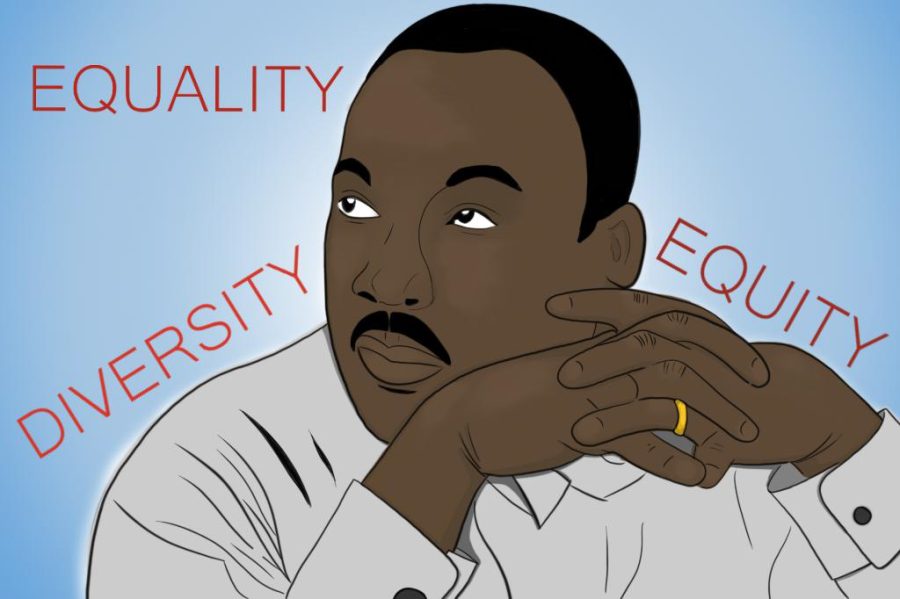Nov. 20 was the 25th annual Transgender Day of Remembrance, following Transgender Awareness Week from Nov. 13–19.
This year TDOR is especially relevant because of the projected cultural shift after this year’s election. Many trans people have expressed concerns about the future of both their legal rights and general well-being.
Amethyst Nichols, sophomore psychology major who identifies as nonbinary, is part of this group.
“In recent years, as we’ve seen, a lot of politicians began to demonize trans people. It’s created a lot of unsafe environments, and it’s created a lot of stress and grief within the community,” they said.
Highlighting these experiences through both Transgender Awareness Week and TDOR is important, they said. It does not shy away from the disconcerting aspects, but it also does not only focus on the negativity.
There is a “double-sided coin” to being trans, they said: one side showing the beauty of self-expression, and the other filled with fear and danger.
Though Transgender Awareness Week and TDOR are official events, the entirety of November focuses on spreading awareness. Smith said the work that must be done is not only a daily or weekly effort but a constant one.
Nichols spoke about the importance of educating non-trans people about the challenges the trans community faces.
“Our community has been marginalized and victimized for centuries, and unfortunately we’ve lost a lot of trans people, and we continue to lose a lot of trans people,” they said. “Giving trans people a month to take center stage and share their experiences and talk about their identities really brings awareness to the fact that we are here, we are trans and we still exist.”
While the focus on celebrating transgender people this month is a step in the right direction, the true purpose is to mourn and pave a better way forward.
“It’s great to have people accept us and make their acceptance known during this month, but it’s also very important that people realize there is still intolerance and that we have lost people in our community, so they can get a glimpse into the grief some of us might be feeling during this month,” they said.
Looking specifically at WSU, Nichols said the attitude toward trans people is generally positive, though there are unintended issues.
“There’s a lot of acceptance here, but unfortunately, I am misgendered a lot by teachers. While I know they’re simply not aware of my pronouns, it does hurt a little bit,” they said.
It may not seem like a big issue in comparison to other challenges trans people face, but it shows that even well-intentioned people can hurt the community. Nichols pointed out this small but significant problem and proposed that non-LGBTQ+ people sharing pronouns more often could do a lot of good for the broader community.
“They haven’t been in environments where it’s like, a state-your-name, state-your-pronoun situation, and I feel like if we normalize sharing our pronouns more, it could create more of a safe environment for trans folks,” they said.
This yearly, nationally recognized event sheds light and educates others on the transgender experience, especially in remembrance and advocacy. Gwendolyn Ann Smith, a trans woman and the founder of TDOR said it is not a day to simply “celebrate” and forget, but to remind people that work needs to be done every day to improve the lives of trans people.
The tradition of TDOR officially began in 1999 after the death of Rita Hester, a Black transgender woman who was killed in November 1998.
On November 20, 1999, Smith and those in her organization held a vigil not only for Hester but for all transgender lives lost in the past year. The ceremony has since carried on for 25 years.
Yearly vigils are now held around the world to mourn trans lives. Most events are hosted by LGBTQ organizations and involve reading out the names of individuals who have been killed, according to the Gay and Lesbian Alliance Against Defamation.
Changing public perception about trans people cannot be done overnight, Smith said. It requires consistent, small efforts from not only the marginalized but also the majority. By spreading awareness through TDOR and Transgender Awareness Week, advocacy and sympathy can grow together.
On campus, there is consistent transgender support through the LGBTQ+ Student Center and its organizations, located in Compton Union Building 401. This includes name changes, information on gender-inclusive facilities and general resources for supporting trans students in their journey at WSU. All available resources can be found here.

